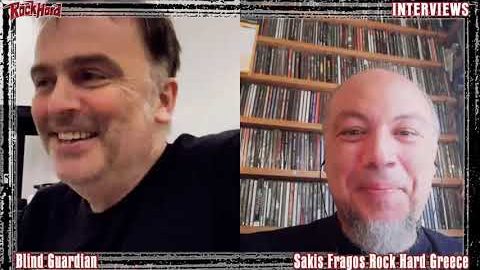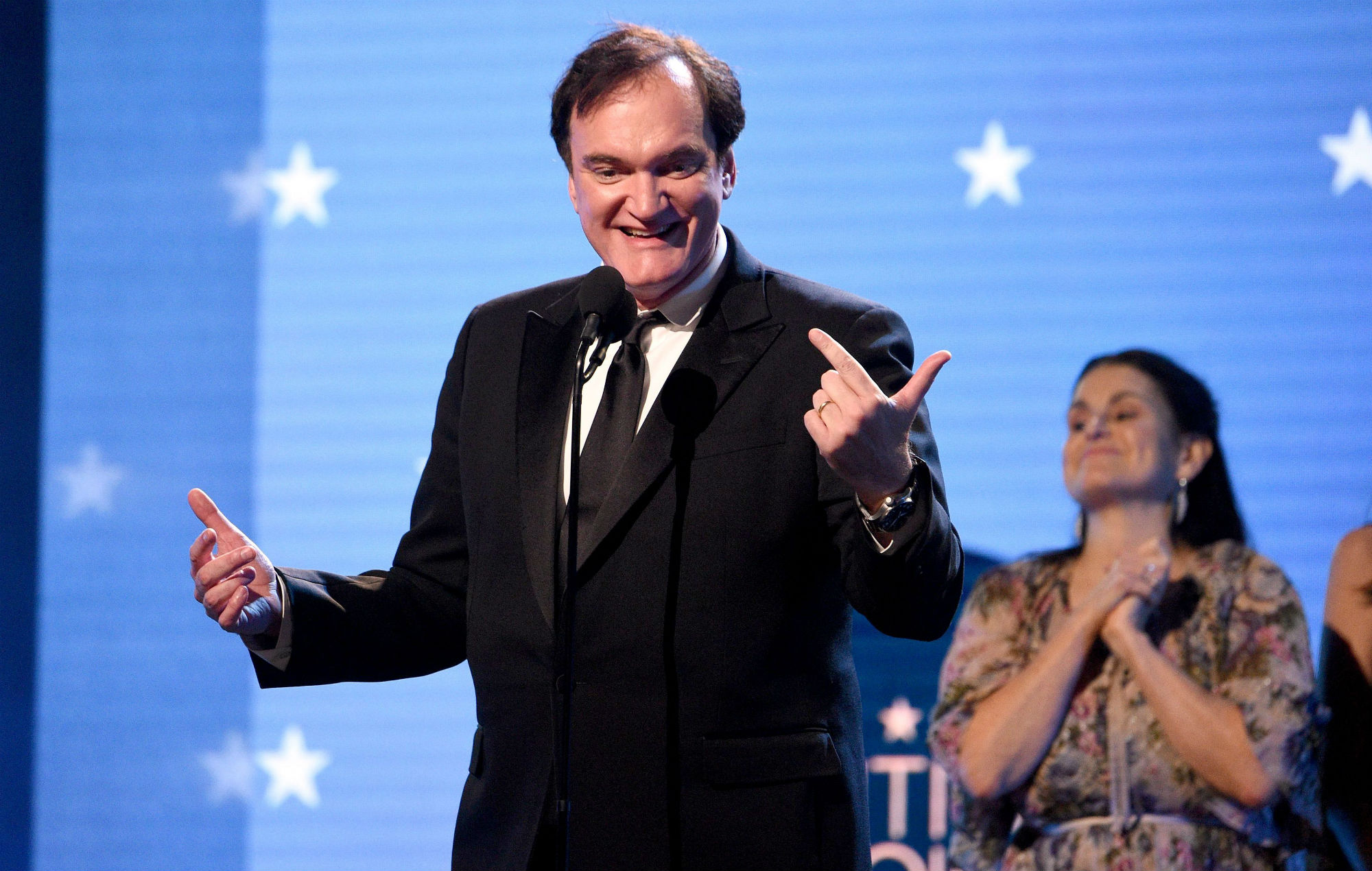The threat of the second album syndrome spares no one. Niall Horan’s ‘Heartbreak Weather’ builds on the former One Direction singer’s folky 2017 debut ‘Flicker’, further showcasing the artist’s rich vocals but also making more obvious his weaknesses as a songwriter.
The album claims to take the listener down a recent break-up’s memory lane via various meteorological images conjured up by Horan, but much of it feels awfully familiar in terms of vague romantic compliments and yearning. Horan’s soulful vocals do a fine job of creating a welcoming, warm atmosphere carrying the story along, but his lyrical landscape is somewhat thinner and the production even more impenetrable.
The song ‘Heartbreak Weather’ opens the record with a departure from Horan’s previously established airy guitar-led ballads, instead offering a more sluggish pop pacing. It’s sweet writing, with fears and regrets in pathetic fallacies. “Time to open up my eyes/And read the writing in the sky,” he sings, resignedly.
If ‘Flicker’ was inspired by Fleetwood Mac, ‘Heartbreak Weather’ sounds influenced by the Jonas Brothers’ recent revival. His debut nodded wistfully to the past, but this album builds on a learned history of conventionally attractive straight white men writing love songs for enormous audiences – while also aiming to move with the times, away from solely guitar-led offerings.
This means that straightforward ballads, such as ‘Dear Patience’ and ‘Bend the Rules’, are dressed in electronic theatrics, which doesn’t quite ruin Horan’s tender lamenting of a lost relationship, but still dilutes the impact.
‘Small Talk’ leans too far into the future of confident, consumable pop – not so dissimilar to Horan’s former bandmate Liam Payne’s own solo misfire ‘LP1’. “Just say nothing/Small talk only gets in the way,” seems a wincingly dated seduction line, particularly for an artist who poetically wanders through images of rainclouds and sunshine to speak his mind.
Such confidence does work in places though, as ‘Nice to Meet Ya’ sees Horan successfully dropping a few octaves lower than usual to deliver a swaggering showstopper. It’s the sort of song that could have earned One Direction another Number One, but here gives Horan the platform to develop his own personality as a solo artist.
Tenderness comes through in places too, especially on tracks that are as stripped back as possible. ‘Put A Little Love On Me’ is the greatest manifestation of this, a gentle lament full of rhetorical anxieties that pierces to the core. “Do you hate the weekend/’Cause nobody’s calling?” asks Horan, reaching the listener with unexpected thoughtfulness. He might be largely unpredictable, but occasionally delivers terrific surprises.
There are a handful of songs that sound like One Direction leftovers – that’s not to say ‘Arms of a Stranger’ is entirely unenjoyable, but the severe production is disappointing when considering Horan’s alleged initial intentions to lean towards earthier sonic patterns.
The concerns of ‘Arms of a Stranger’ return on ‘Cross My Mind’, which further distances the listener from Horan’s personal concerns with a glossy marketable sound. Lines like “You keep talking/I’ll just listen/Still daydreaming/Where your lips been,” confirm Horan’s strength as a songwriter lies more in mournful visions, as every seductive fantasy becomes a little more cringe-inducing as the album progresses.
There’s no doubt that Horan’s voice is incredible. If anything it’s even better when backed by an underwhelming melodic arrangement. ‘New Angel’ continues the mission of moving further away from guitar ballads with a disco-inspired hook. Trite lyrics such as “‘Cause you move me when you’re moving,” might undermine the intelligence of the music, but by this point Horan’s good intentions and occasional standouts have done enough.
‘Still’ closes the album with one of the finest solo Horan tracks to date. It’s a simple, romantic confessional, led with one delicate acoustic guitar and the echo of a county twang filling the air with something worth believing in.
The seesaw between convincing vocals and sketchy production still shows progress for Horan as a solo artist. This is a musician with his heart on his sleeve, even if the jacket might have been chosen by someone else. ‘Heartbreak Weather’ pads its way through every different phase of relationship-based grief, inevitably letting some moments of catharsis feel more impactful than others. It isn’t an entirely lost cause, but one to build upon for a more inspiring future all the same.

Release date: March 13
Record label: Virgin EMI
The post Niall Horan – ‘Heartbreak Weather’ review: a great voice let down by some not great songs appeared first on NME Music News, Reviews, Videos, Galleries, Tickets and Blogs | NME.COM.








